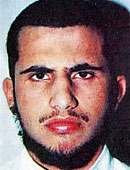
The U.S. and a coalition of allies in the Middle East targeted a number of Islamic State of Iraq and Greater Syria (ISIS) strongholds in Syria with pre-dawn airstrikes on Tuesday — but in an unexpected detour, U.S. warplanes struck a cluster of sites west of Aleppo, an area outside of ISIS’s purview and under the command of a little known al-Qaeda cell known as the Khorasan Group.
U.S. officials had not acknowledged the Khorasan Group by name until as recently last week, when director of national intelligence James Clapper said the group “may pose as much of a danger” as ISIS, the New York Times reports. While information about the group’s members and goals remains scant, officials have made clear with recent comments, punctuated by Tuesday’s airstrikes, that the Khorasan Group now constitutes one of the chief concerns of the intelligence community. Here’s a primer on what’s known and unknown about the group so far:
What is the Khorasan group?
A cell of battle-hardened al-Qaeda fighters who have set up a franchise, of sorts, in the contested provinces of Syria. The group has tapped new recruits from the influx of foreign fighters infiltrating the region. Their goal, officials allege, is to capitalize on their range of nationalities to carry out terrorist attacks on a range of Western targets, including the U.S. While they share ISIS’s severe interpretation of Sunni Islam and disdain for differing sects within Islam, they have rejected the group’s battle tactics, fearing that brutal attacks against Muslims in Syria and Iraq would erode support for their goals of waging a wider war against western powers.
How big is it?
The exact number of fighters is unknown. Estimates range from a few dozen to upwards of 50 fighters, intelligence experts told ABC News, though their affiliations are loose and shifting within a larger network of al-Qaeda fighters known as the al-Nusra front. Under the protection of the al-Nusra front, the group has secured land and buildings in the areas surrounding Aleppo. Tuesday’s air strikes suggest that it has commandeered a range of compounds, including “training camps, an explosives and munitions production facility, a communication building and command and control facilities,” according to U.S. Central Command.
Who’s in charge?
Muhsin al-Fadhli, 33, formerly a close confidante of Osama bin Laden. According to the State Department, he was one of the few members of al-Qaeda entrusted with advanced knowledge of the Sept. 11, 2001 attacks. He climbed the ranks fighting alongside the Taliban in Afghanistan and raising funds for al-Qaeda fighters in Iraq. The State Department has placed a $7 million reward on information that would lead to his capture, and has connected him to attacks on a French oil tanker in 2002 and a string of bombings across Saudi Arabia.
Why haven’t we heard of it until now?
The organization keeps a low profile, in stark contrast to ISIS fighters who regularly release gruesome footage of beheadings and mass executions over social media. Rather than brandishing blades before the cameras, members of the Khorasan Group have reportedly taken a greater interest in developing attacks that would employ concealed weapons.
Could it really be more lethal than Islamic State?
To the West, perhaps. Islamic State has a far greater number of recruits under its command, upwards of 31,000 according to the latest CIA estimate, but its aspirations so far have been fixed on establishing and expanding a caliphate in the region, wresting chunks of territory from Iraq and Syria, and driving out or killing waves of ethnic and religious minorities. Khorasan, on the other hand, seems to have a more single-minded ambition of attacking the U.S. and other western nations, according to officials who said that Tuesday’s airstrikes were meant to disrupt an “imminent attack” on western targets.
See America's Top 10 Rewards for Terrorists
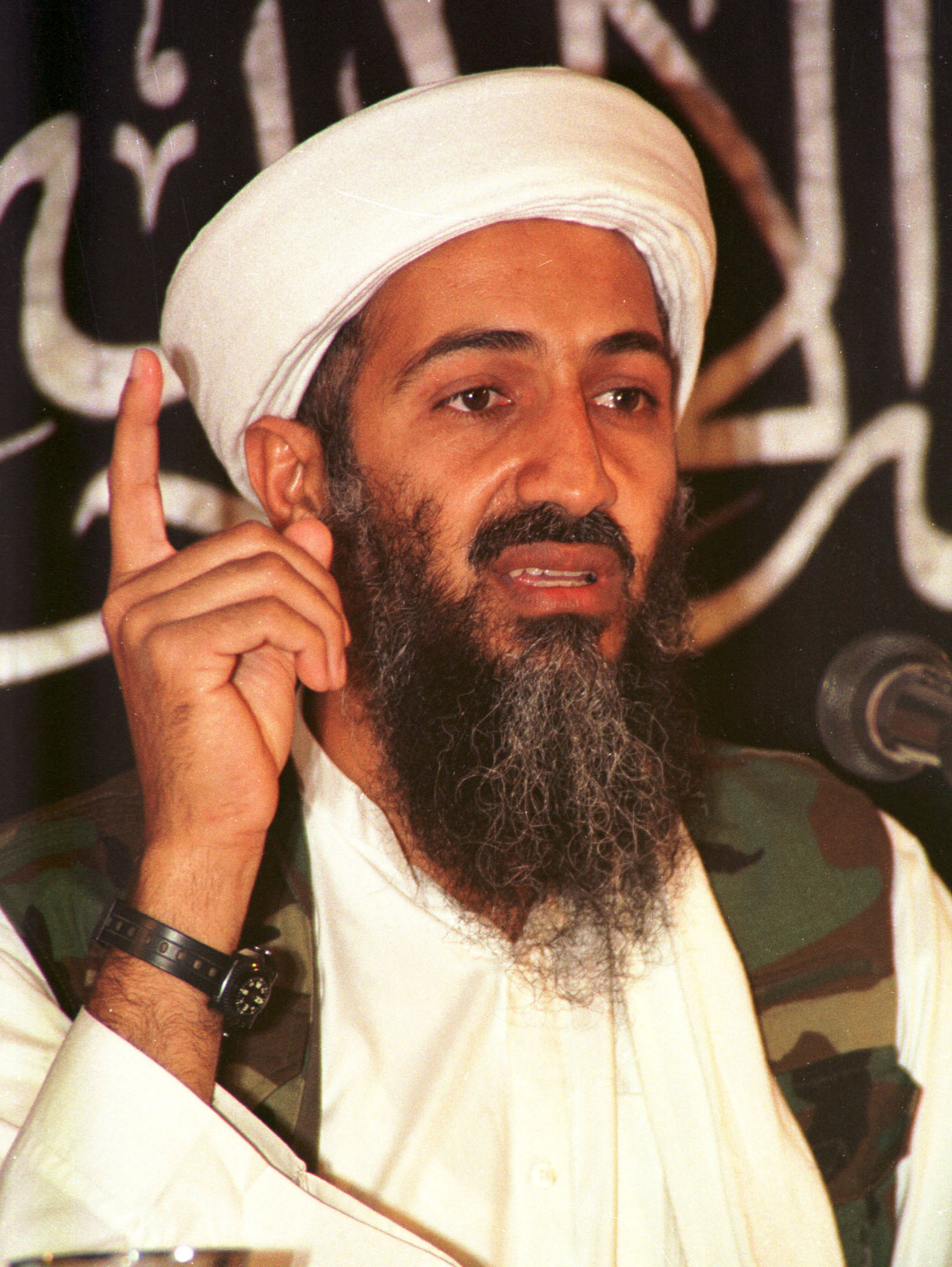
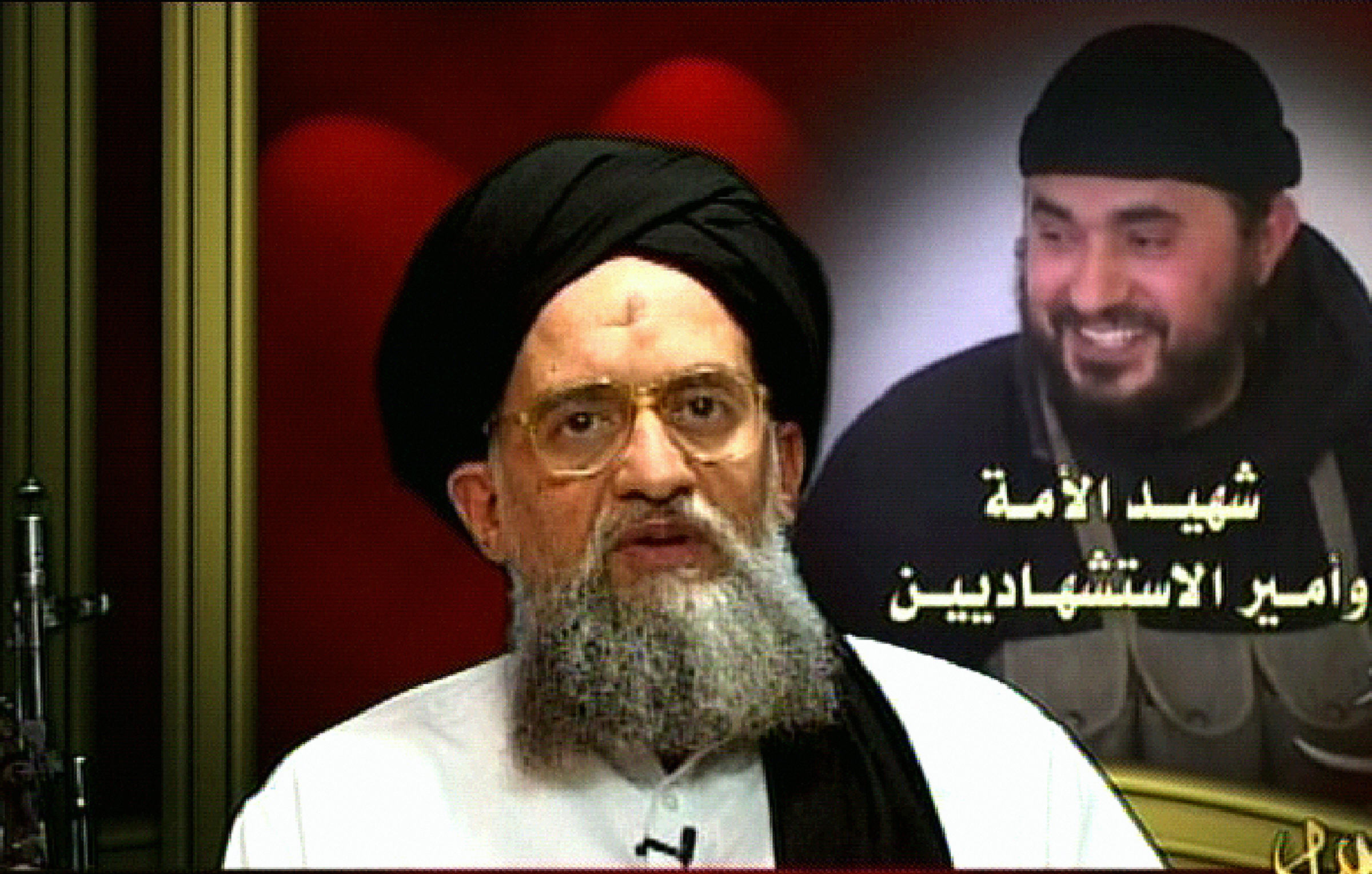
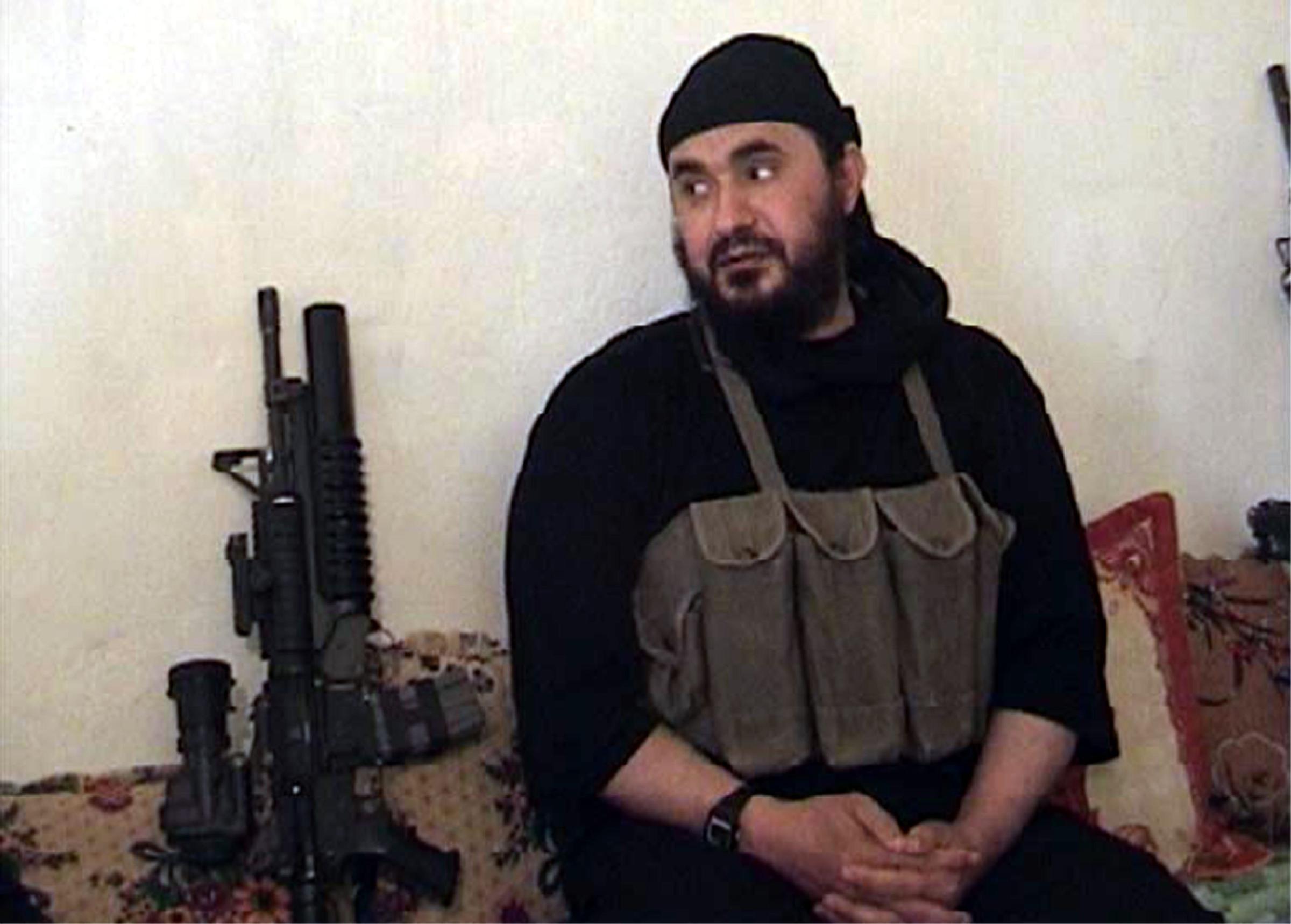
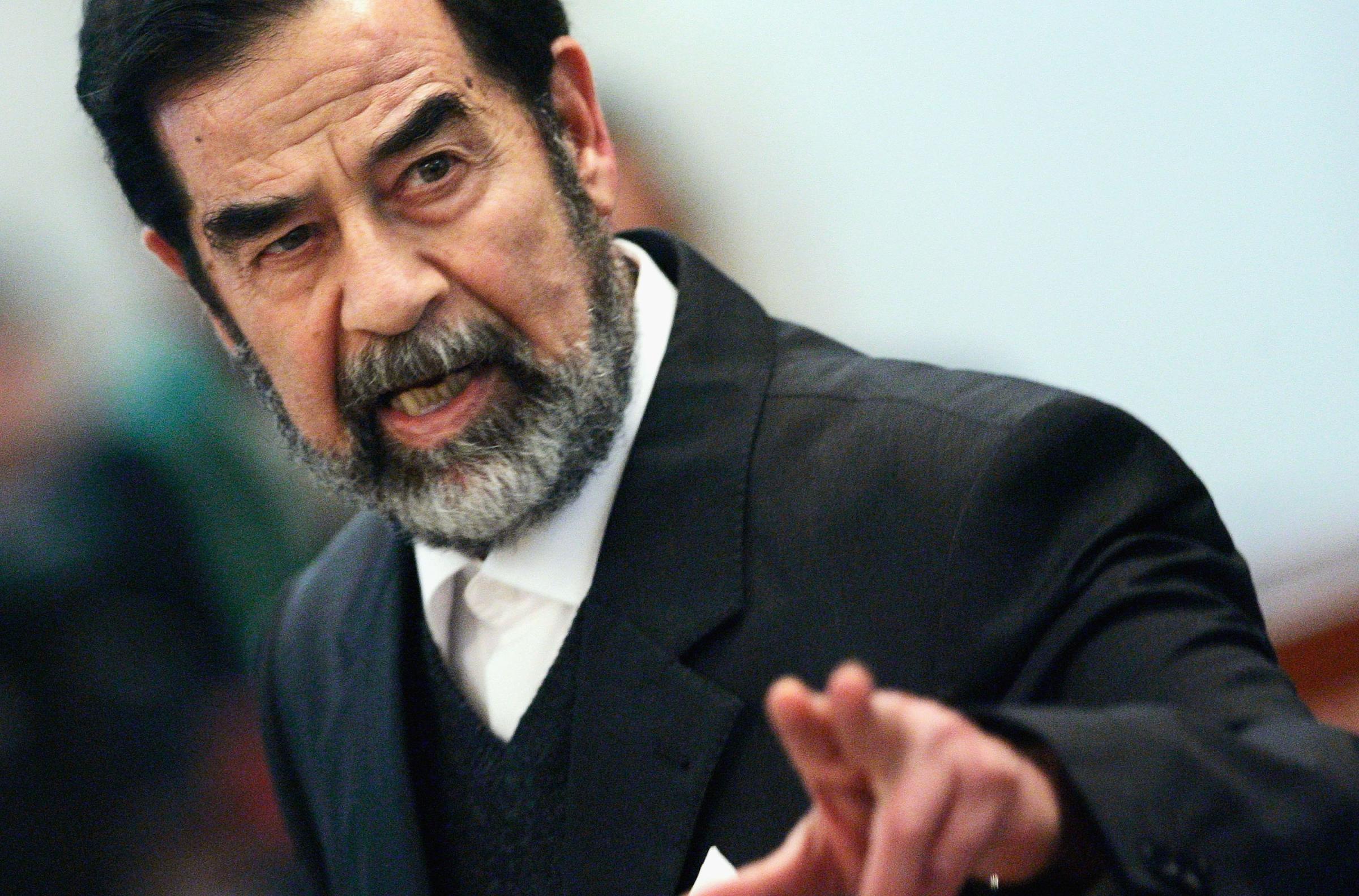
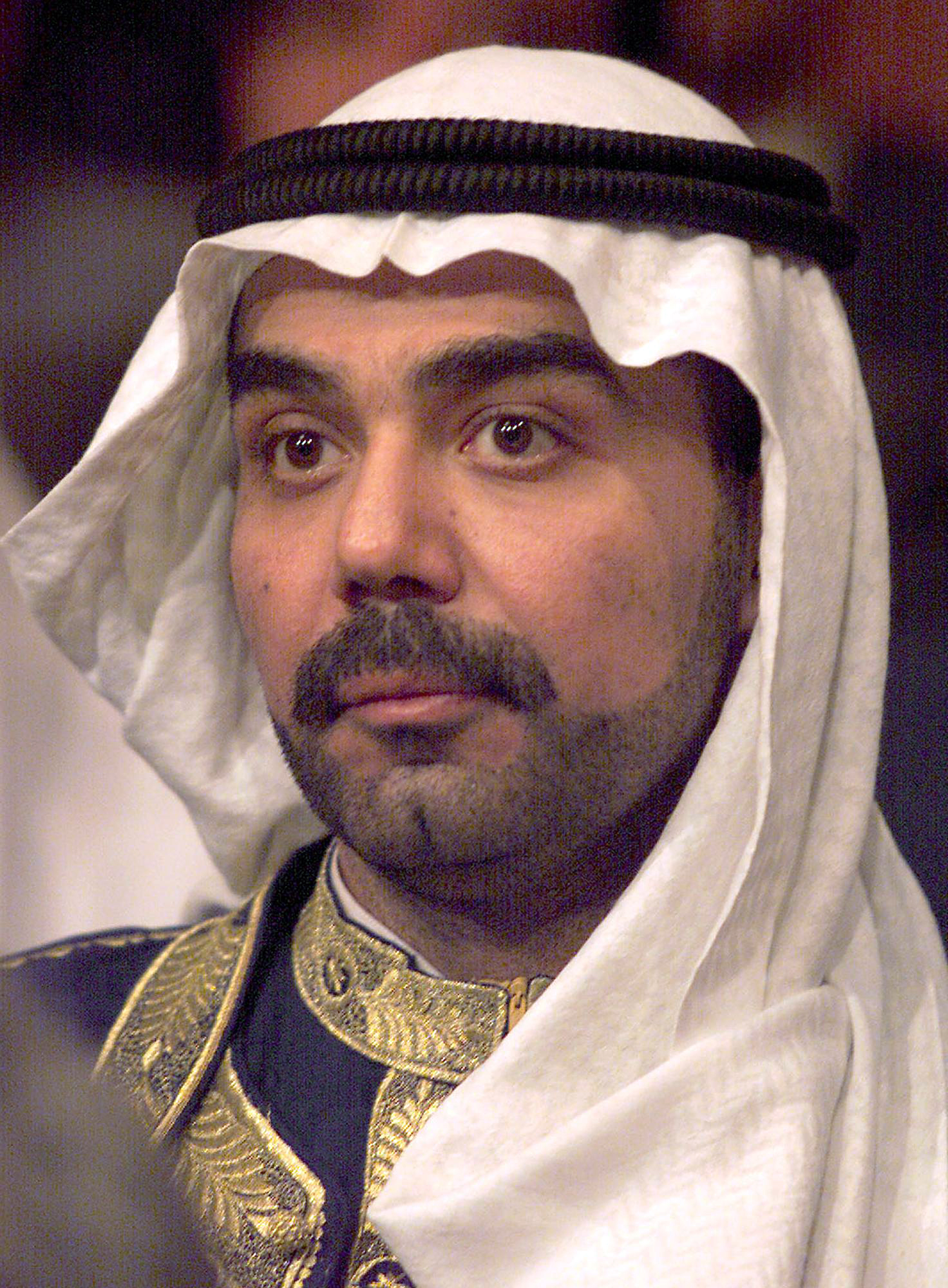
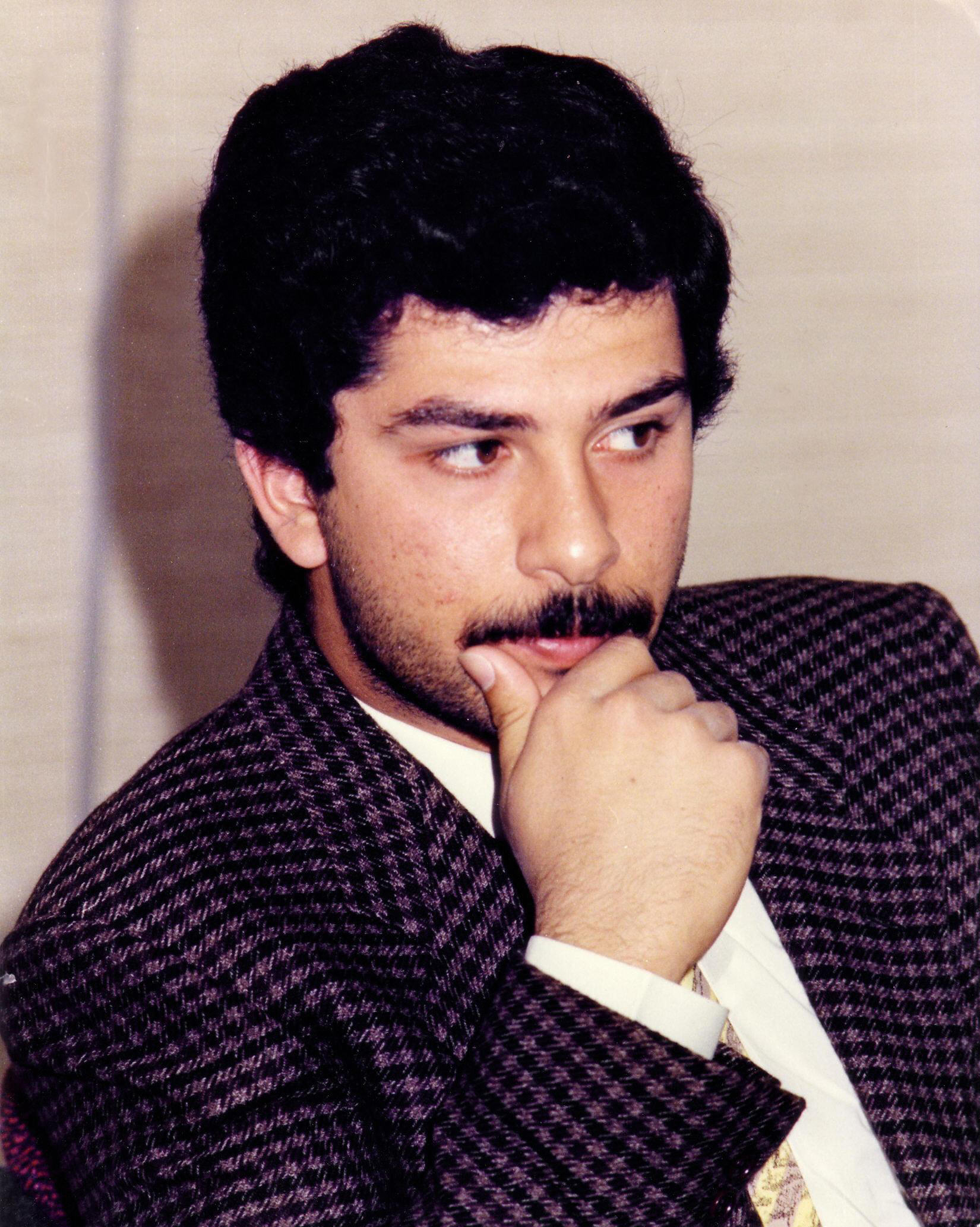
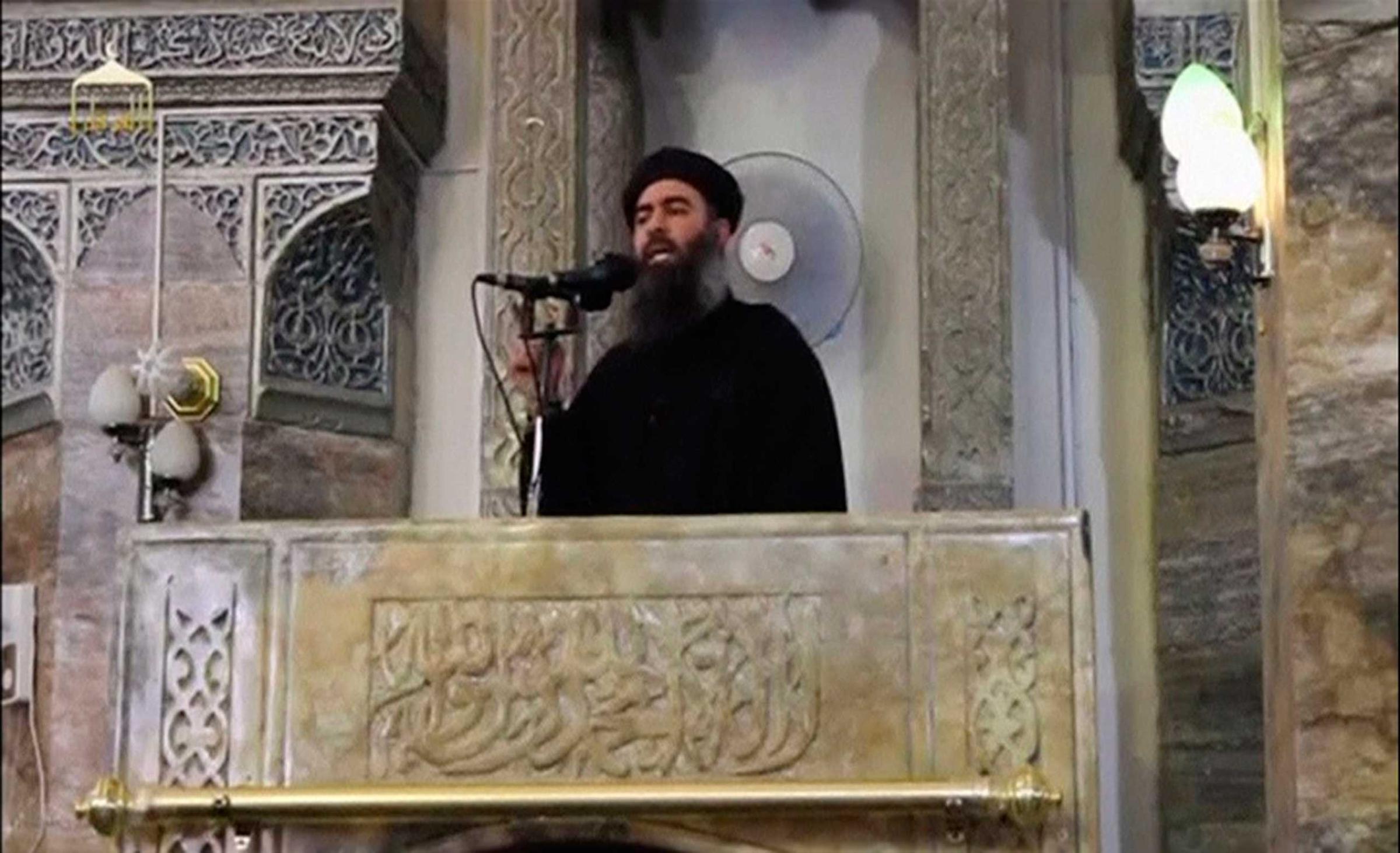
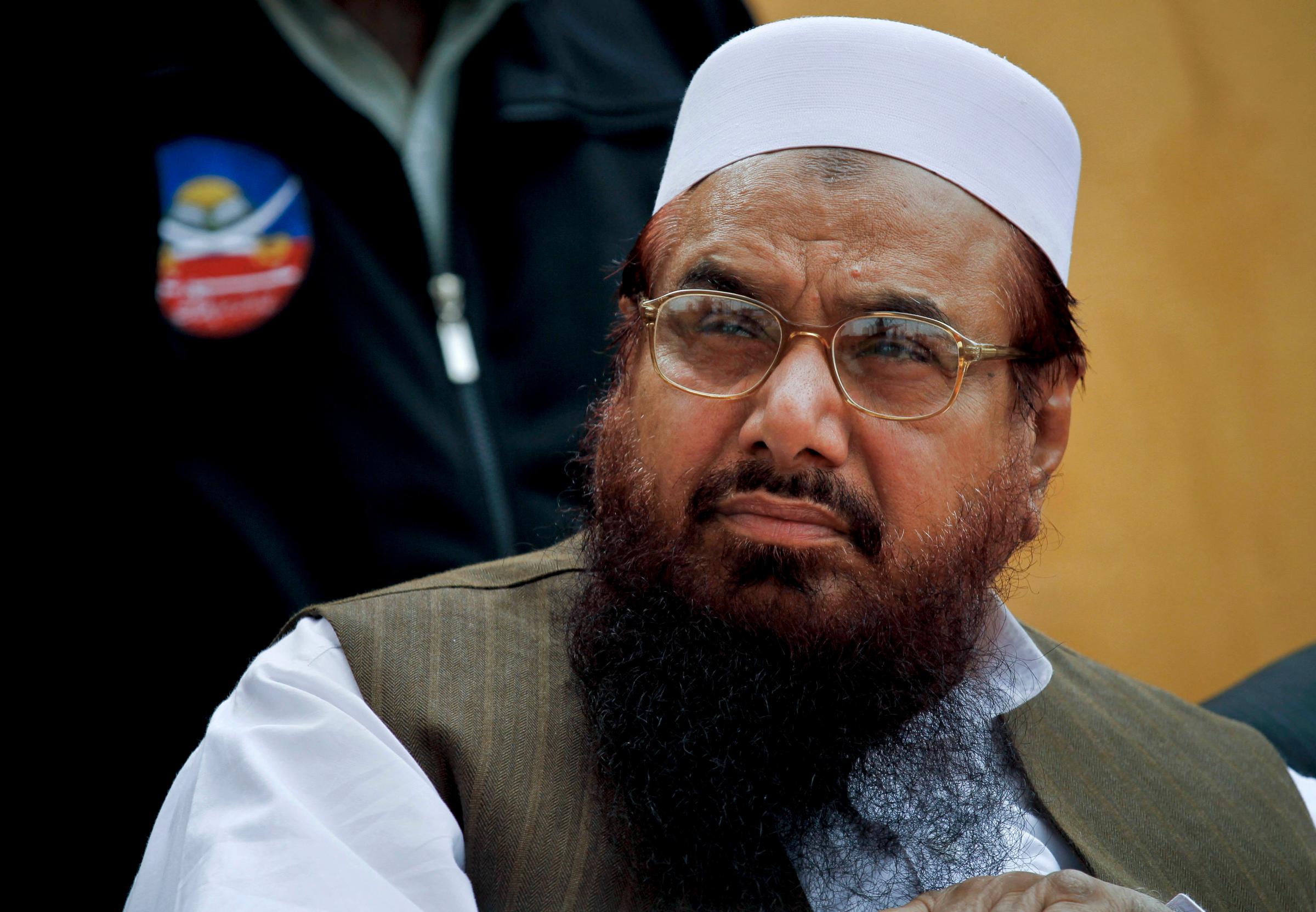
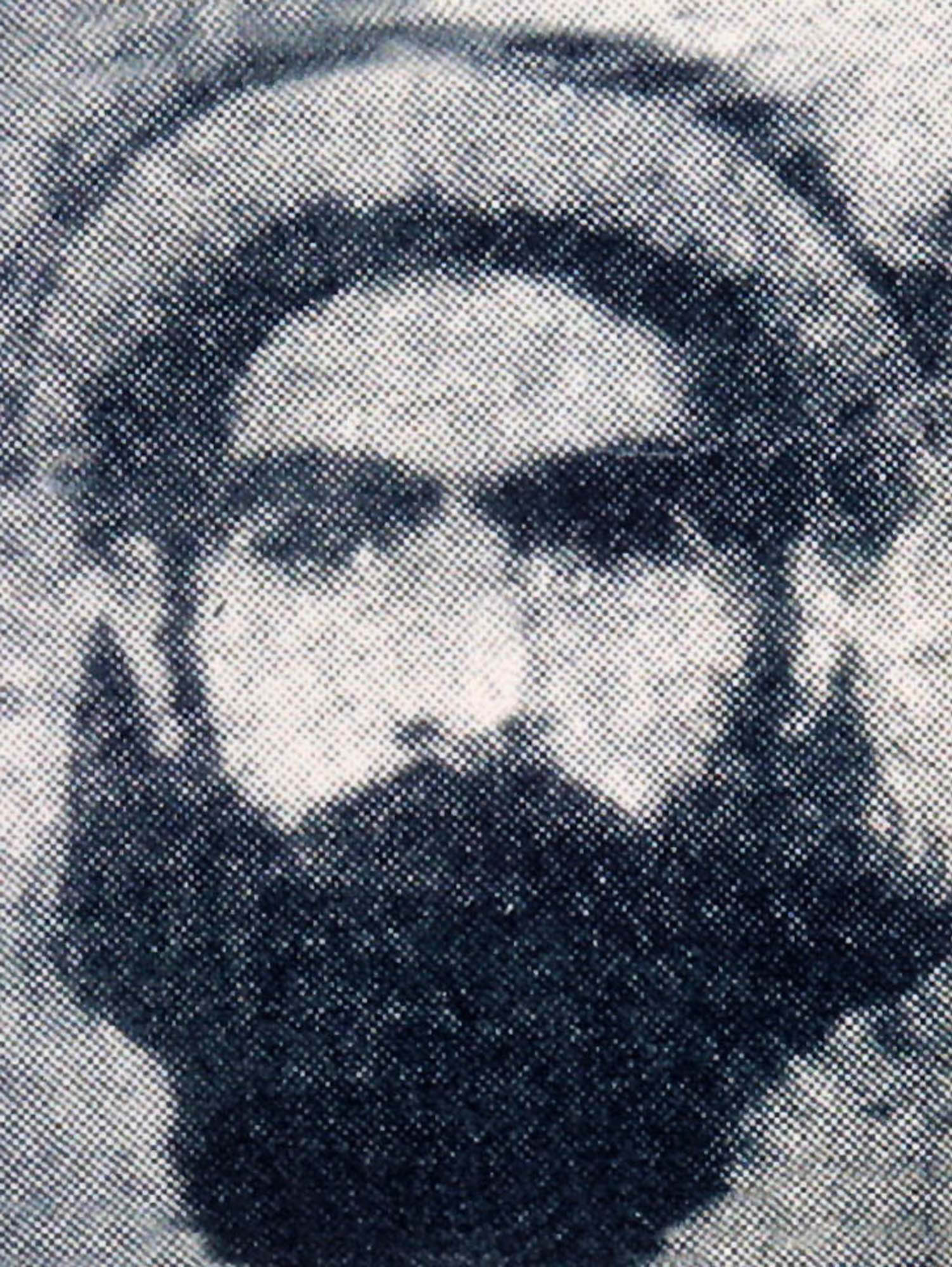

More Must-Reads From TIME
- The 100 Most Influential People of 2024
- The Revolution of Yulia Navalnaya
- 6 Compliments That Land Every Time
- What's the Deal With the Bitcoin Halving?
- If You're Dating Right Now , You're Brave: Column
- The AI That Could Heal a Divided Internet
- Fallout Is a Brilliant Model for the Future of Video Game Adaptations
- Want Weekly Recs on What to Watch, Read, and More? Sign Up for Worth Your Time
Contact us at letters@time.com